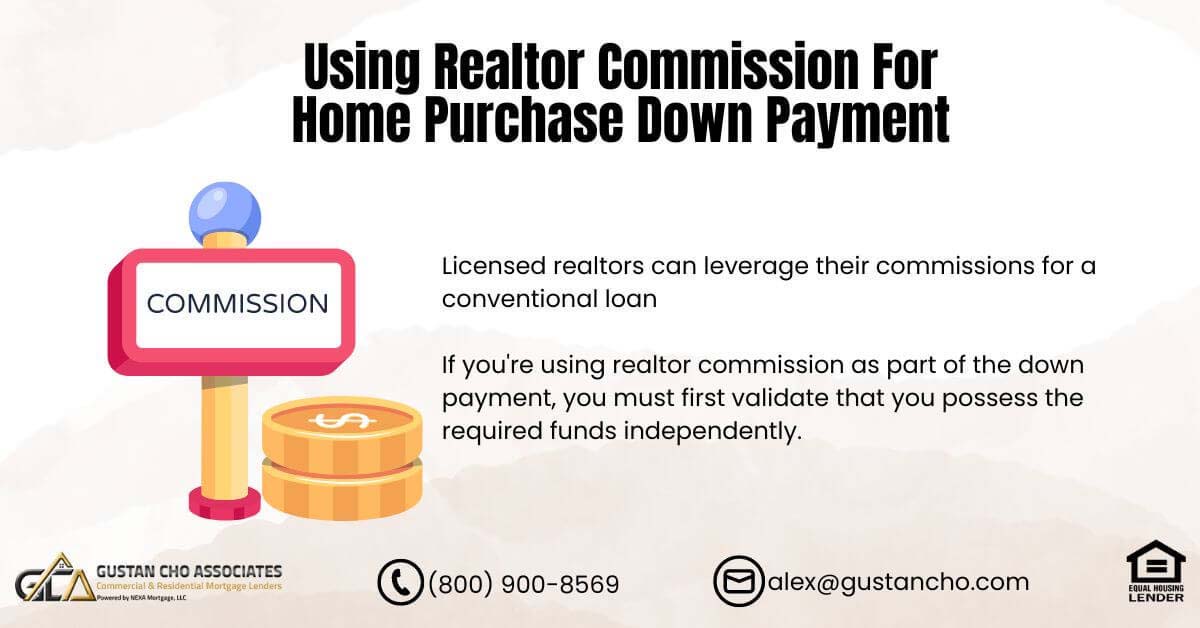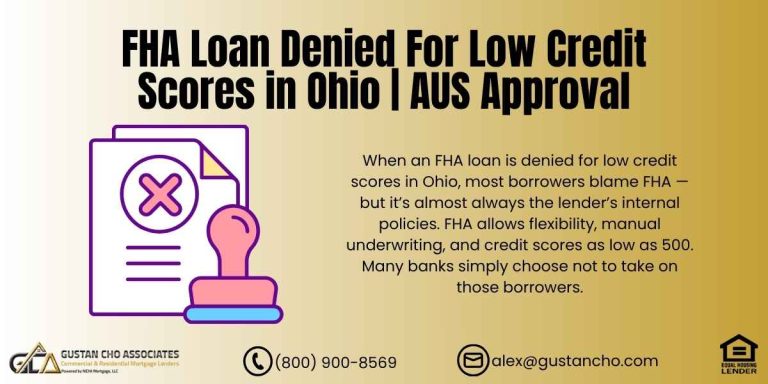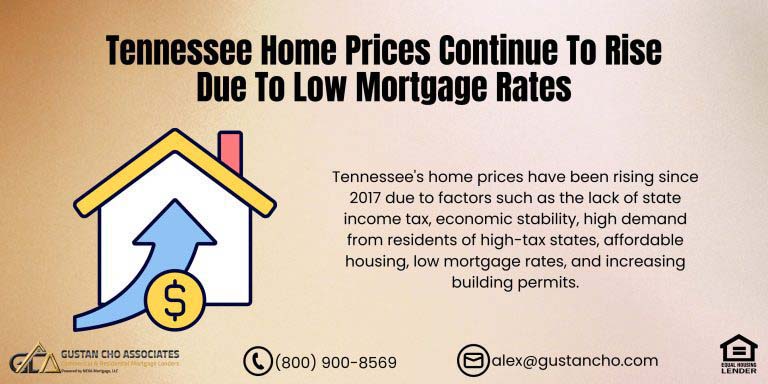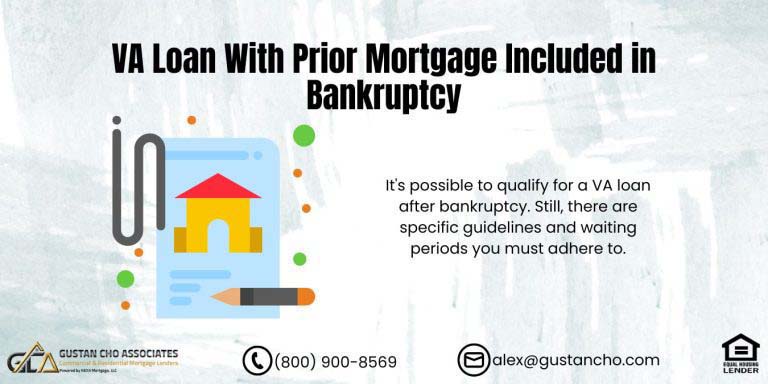This guide covers using realtor commission for home purchase down payment. This article delves into using realtor commission for a home purchase down payment, emphasizing that such utilization is accepted as qualified funds. At Gustan Cho Associates, our extensive collaboration with real estate agents nationwide has provided us with valuable insights into the challenges faced by homebuyers in securing financing.
Many realtors actively seek our assistance on behalf of their clients, particularly when faced with rejections from other lenders or inadequate customer service experiences.
This unique position allows us to offer an extensive array of mortgage products, including Conventional, FHA, VA, and NON-QM loans, as well as specialized jumbo mortgage products such as a 90% LTV JUMBO MORTGAGE. The absence of additional lender overlays enables us to assist a broader spectrum of clients than many other lenders. In this blog post, we will center our discussion on using realtor commission to facilitate the purchase of a property. By exploring this avenue, we aim to shed light on a strategic approach that aligns with the financial goals of real estate professionals and their clients, ultimately fostering successful and mutually beneficial real estate transactions.
Can Using Realtor Commission For Home Purchase Down Payment Allowed As Verified Assets
Throughout our operations, we have been privileged to support a multitude of realtors in their pursuit of homeownership. In this context, a unique and often underestimated advantage becomes apparent for our licensed real estate agents—an opportunity in using realtor commission for down payments and closing costs when venturing into the real estate market. This advantageous approach might not be widely known among real estate professionals, highlighting the importance of shedding light on this potential financial strategy.
What Type of Assets Can Be Used For Down Payment For a Home Purchase
Lenders rigorously assess borrowers’ financial profiles to ensure they possess the requisite assets for property acquisition as part of the typical pre-approval process. Central to this scrutiny is the underwriter’s quest for verified funds in the bank. Intriguingly, a distinctive avenue emerges for licensed real estate agents: using realtor commission as verified assets. This unconventional yet strategic use of future earnings can serve as a valuable component during the mortgage approval process, potentially positively influencing the borrower’s financial standing.
In examining the specifics of the housing market 2023, a period marked by dynamic fluctuations, licensed real estate agents were commonly entitled to commissions ranging from 1.5% to 3% of the sales price.
What sets this scenario apart is the prospect of using realtor commission for qualification purposes. This unique proposition opens up new horizons for real estate professionals, allowing them to not only navigate the intricate landscape of homeownership but also to leverage their expected commissions as a powerful asset in the quest for mortgage approval. By delving into this strategic approach, we aim to empower licensed real estate agents with the knowledge and tools to maximize their home buying potential.
Speak With Our Loan Officer for Get Mortgage Loans
Mortgage Case Scenario
Let’s consider an illustrative scenario involving a licensed real estate agent who earns a 2.5% commission on a property transaction and is interested in purchasing a property using an FHA mortgage. An FHA mortgage necessitates a 3.5% down payment.
To facilitate using realtor commission for home purchase down paymentthis , the underwriter will necessitate a signed letter from the agent outlining the precise portion of the commission the agent is anticipated to receive.
To qualify for this mortgage, the agent must verify only 1% of the sales price. In using realtor commission for the down payment, the agent must furnish a copy of their real estate license and compensation agreement, bearing in mind that each agent and agency may have distinct compensation agreements. The underwriter is tasked with verifying the precise amount the agent will receive in commissions from the transaction. In this particular case, the 2.5% commission earned by the realtor can be applied toward the down payment funds, potentially even qualifying for inclusion in certain down payment assistance programs.
Using Realtor Commission For Home Purchase Down Payment on Conventional Loans
Can a licensed realtor use their commissions for a conventional loan? Absolutely! Licensed realtors can leverage their commissions for a conventional loan, and FANNIE MAE explicitly allows for future commissions to contribute towards the down payment or cover associated closing costs. This flexibility provides a strategic advantage, especially for qualified borrowers who may find that a conventional loan aligns better with their financial goals. Choosing a conventional loan over other options often makes more financial sense due to its advantages.
Conventional loans offer benefits such as cancellable mortgage insurance, allowing borrowers to eliminate this cost once a certain equity threshold is reached.
Additionally, conventional loans often come with more lenient appraisal requirements, streamlining the loan process and making it a more attractive mortgage option. There are specific documentation requirements for a licensed real estate agent to tap into the potential of using future commissions as assets. Besides fulfilling the usual requirements for loan approval, the agent must provide the necessary documentation, which may include proof of their real estate license and a detailed compensation agreement. This ensures a transparent and efficient process, allowing the agent to seamlessly integrate their future commissions into the financial aspects of the loan. Navigating your way through the intricacies involved in real estate transactions can be quite challenging. Commissions add valuable flexibility for licensed real estate professionals seeking financing through a conventional loan.
Contact us for get conventional loans, click here
How Do Mortgage Underwriters Calculate Verified Assets
Before reaching the closing stage, you must furnish the lender with evidence that you possess the necessary verifiable funds, excluding any future commissions. While this may seem counterintuitive, it is a crucial step. For a conventional mortgage, it is mandatory to demonstrate that you already have the requisite funds in hand.
If you’re using realtor commission as part of the down payment, you must first validate that you possess the required funds independently.
This figure must align precisely with the details presented in the closing disclosure. Any discrepancies between the signed letter and the closing disclosure may result in the funds from future commissions being ineligible for use in the transaction. Therefore, maintaining accuracy and transparency in documenting the anticipated commission is paramount to ensure a smooth integration of these funds into the overall financial framework of the mortgage.
Tax Consequences and Mortgage Guidelines
What about the IRS (Internal Revenue Service)? Concerns about the Internal Revenue Service (IRS) often arise in financial considerations, and there’s reassuring news for licensed real estate agents. The IRS is current in its stance and approves of commission credits.
More importantly, the IRS explicitly declares that these credits do not constitute taxable income for the recipient. While commission credits may factor into capital gains when selling the property in the future, they do not incur taxation for qualification purposes.
This favorable IRS position becomes a significant advantage when utilizing a conventional mortgage, providing a welcomed benefit for licensed real estate agents navigating the intricacies of their financial arrangements. Approximately 80% of our clients fall into this category, underscoring the need for a more client-focused approach in the mortgage industry. Gustan Cho Associates Mortgage Group distinguishes itself as a mortgage lender, free from the constraints of lender overlays.
Get more help for get conventional loans, click here
Qualifying For a Mortgage With a Lender With No Overlays
If you are a licensed real estate agent unfamiliar with Gustan Cho Associates, please check out the blog on WHY REALTORS RECOMMEND US. As stated above, about 75% of our clients come from other lenders. We work with many families for as long as a year before they qualify for the home they would like to purchase. We are direct mortgage lenders with competitive interest rates and uncanny customer service. Our loan officers strive to be current on the ever-changing mortgage guidelines. Please call us with any general mortgage questions. Contact Alex Carlucci at 800-900-8569 or email alex@gustancho.com. We are available seven days a week to help with your mortgage needs!
FAQ About Using Realtor Commission For Home Purchase Down Payment
-
Can realtor commission be used for a home purchase down payment? Yes, this article emphasizes that using a realtor commission for a home purchase down payment is allowed as qualified funds.
-
Is Gustan Cho Associates a mortgage lender? Gustan Cho Associates Mortgage Group is a lender, offering various mortgage products without additional lender overlays.
-
What mortgage products does Gustan Cho Associates offer? Gustan Cho Associates provides Conventional, FHA, VA, and NON-QM loans and specialized jumbo mortgage products, including a 90% LTV JUMBO MORTGAGE.
-
How does using realtor commissions as qualified funds benefit licensed real estate agents? Licensed real estate agents can use their future commissions as verified assets during the mortgage approval process, potentially positively influencing their financial standing.
-
Can realtor commissions be used for down payment assistance programs? Yes, the article suggests that when used for the down payment, realtor commissions may qualify for inclusion in certain down payment assistance programs.
-
Can licensed realtors use their commissions for conventional loans? Yes, FANNIE MAE explicitly allows licensed realtors to leverage their commissions for conventional loans, covering down payments or associated closing costs.
-
What documentation requires licensed real estate agents to use future commissions as assets? In addition to usual loan approval requirements, licensed real estate agents must provide proof of their license and a detailed compensation agreement.
-
How do mortgage underwriters calculate verified assets when using realtor commissions? Underwriters require a signed letter from the real estate agent specifying the anticipated commission, aligning precisely with details in the closing disclosure to ensure eligibility.
-
What are the tax consequences of using a realtor commission for a down payment? The IRS approves commission credits and explicitly states that they do not constitute taxable income for the recipient. However, commission credits may factor into capital gains when selling the property in the future.
This blog about Using Realtor Commission For Home Purchase Down Payment was updated on February 12th, 2024.










